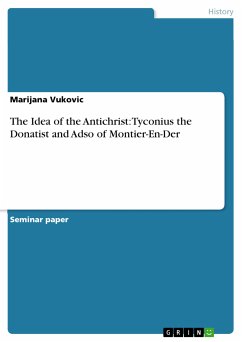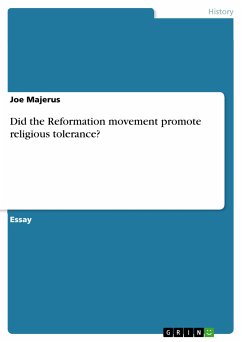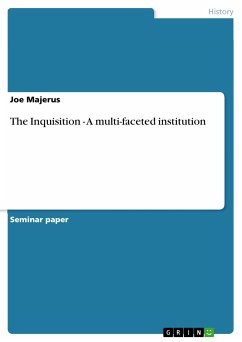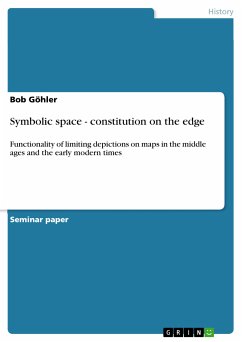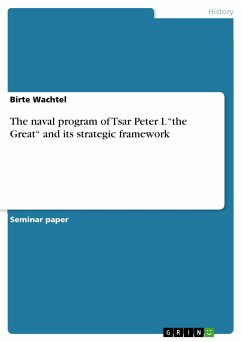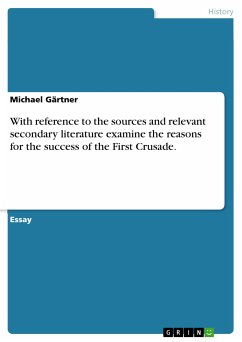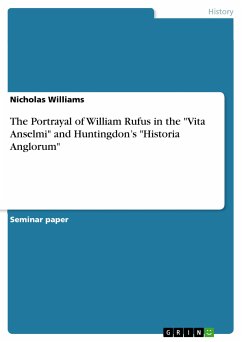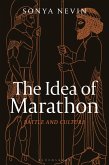Seminar paper from the year 2008 in the subject History of Europe - Middle Ages, Early Modern Age, grade: A, Central European University Budapest, course: Religion and Political Thought from Antiquity to the Middle Ages, language: English, abstract: Eschatology, or study of the End of World, is a part of theology concerned with the final destiny of humankind. It is in human nature to ponder such matters, and therefore, it is no wonder that similar questions appeared in Christianity as early as the writing of the Scripture. Christianity began with an announcement that time and history were about to end.1 The interpretations of the Bible depended on their writers’ attitude. Consequently, certain passages from the Bible were interpreted literally or allegorically, but common ground was established in understanding the Book of Daniel and the Revelation of John, which were seen as good examples of eschatological writings. The second coming of Christ was the most important eschatological event. Some authors saw this second arrival as a literal, pre-millennial event, in which Christ would reign on Earth a thousand years before the second coming. Others saw it allegorically, as a postmillennial event.
Bitte wählen Sie Ihr Anliegen aus.
Rechnungen
Retourenschein anfordern
Bestellstatus
Storno

